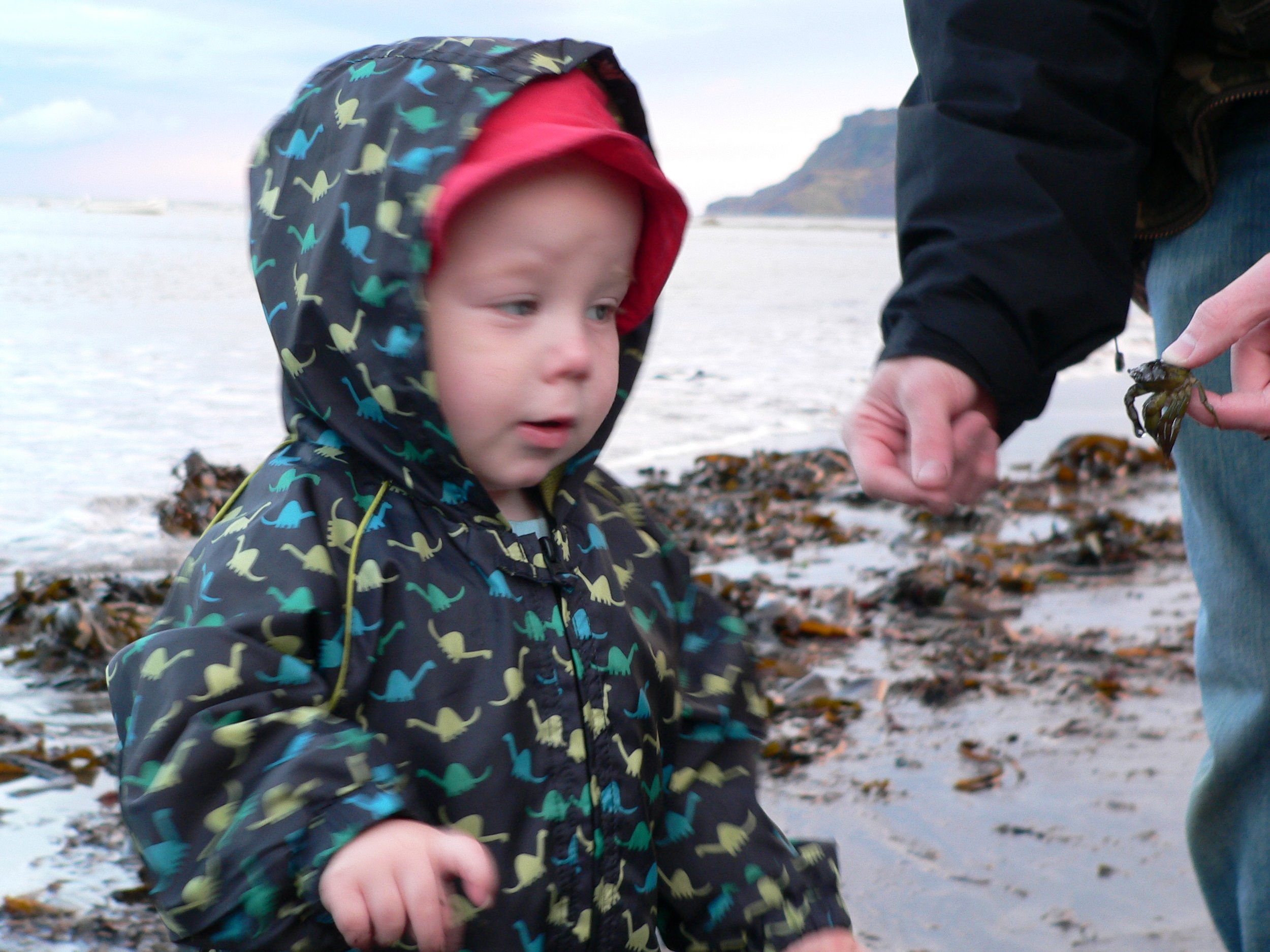
Motion for the Ocean
35 councils representing 4,450,086 people!
I had an idea that we needed to see a sustainable and equitable blue economy being embedded from the bottom up.
Bringing together my experience as a Councillor and my research findings on marine citizenship, I wanted to create a simple way that people could act as marine citizens and help local councils do their bit for the ocean crisis.
Working with Emily Cunningham, the Local Government Association Coastal Special Interest Group, and Nicola Bridge from the Ocean Conservation Trust, together we have created a model motion for an Ocean Recovery Declaration.
The #Motion4TheOcean seeks to:
Put the ocean into the climate emergency response
Connect people with the sea
Work towards a sustainable and equitable blue economy
Help Councils understand their role in ocean sustainability
If you would like to discuss the motion and how you can get it debated at your local council, please get in touch.
-
I'm a Councillor
Bring the Ocean Recovery Declaration to your group and Council. Embed Ocean into your Climate Emergency response and play your part at the local level

-
I'm a marine citizen
Take action by asking your Councillor to debate the Motion for the Ocean. Don’t let your area be left behind as UK Councils declare an urgent need for Ocean Recovery.
The science behind the policy
The #Motion4TheOcean is based on sound science and a positive vision for the future.
It was developed from the marine scientific evidence from my own and others’ research, and incorporates a call for action from marine scientists who want to see better marine governance and planning.
Find out more about marine citizenship.
Find out more about the importance of human-ocean relationships for marine citizenship.
1) Marine citizenship is a political act - the model motion gives marine citizens a way of asking for change democratically.
2) Marine citizens view local decision-making processes more positively - by influencing policy at local government, the changes made will be more visible to local people and feel closer to the places where they live and work.
3) Marine citizenship develops from marine place attachment and marine dependency, which come from positive marine experiences - by delivering marine experiences, local councils can grow marine citizenship.
4) Knowledge is a tool that supports effective marine citizenship (ocean literacy and civic/political literacy) - local councils can help develop ocean literacy and equip marine citizens with the knowledge they need.
5) Marine citizenship includes the Human Right to participate in the transformation of the human-ocean relationship - through the Ocean Recovery Declaration, people can exercise their marine citizenship rights.
Marine scientists have called on Government to:
Enable the repair and renewal of marine habitats rather than managing degraded or altered habitats in their reduced state.
Unite conservation policy and fisheries management as the two are critically dependent on each other rather than competing interests.
Establish improved processes for understanding the benefits from ocean protection in a format that leaves in no doubt the links between ocean protection and human lives and livelihoods.
Develop a smarter approach to managing the health of the entire ocean that moves beyond MPAs and enables links to be made across sectors towards sustainability.

